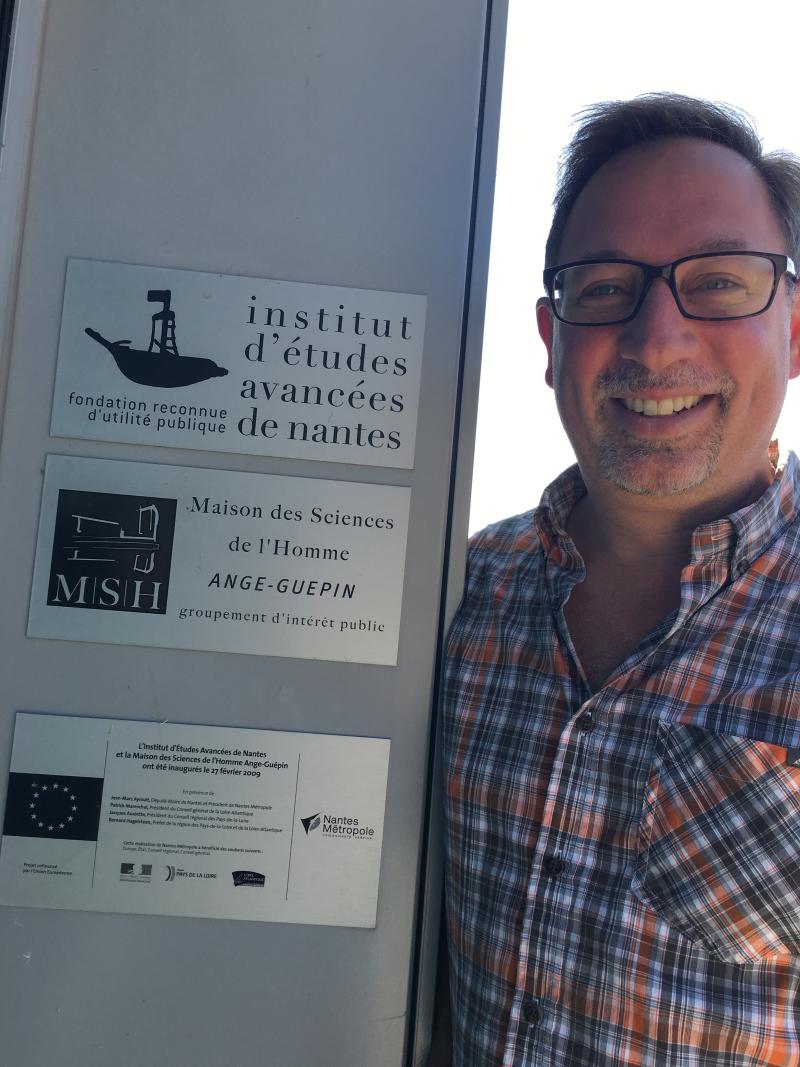Scott Levi Spends Year Abroad as Residential Fellow at Institute for Advanced Study
How extensive was early modern globalization? How do early modern integrative patterns play out beyond the coastal entrepôts, in the agricultural hinterland? And what do we find if we move beyond the hinterland, all the way to the center of Eurasia? Did globalization shape the historical development of early modern Central Asian states and societies as it did the maritime world? Or was the region, as some have suggested, “pushed to the margins of world history” and destined to remain that way until the onset of Russian colonization?
These are some of the questions that History Professor Scott Levi is grappling with as he spends the 2016-17 academic year as a residential fellow at the Institute for Advanced Study in Nantes, France. Over the course of the year he aims to bring two book projects to completion. The first, "The Early Modern Silk Road: Integration and Crisis in 18th-Century Central Asia," is a broadly thematic study of Central Asia’s place in the early modern, globalizing world. The second, "Central Asia in the Global Age: The Rise and Fall of Khoqand, 1709–1876," builds on themes developed in the first to advance a more focused case study that represents the first English-language analysis of the rise and fall of the Central Asian Khanate of Khoqand.

Professor Levi at the Institute for Advanced Study

Institute for Advanced Study, Nantes, France
Prof. Levi delivering a research presentation to the full assembly of fellows (18 from around the world) and guests at the Institute.
